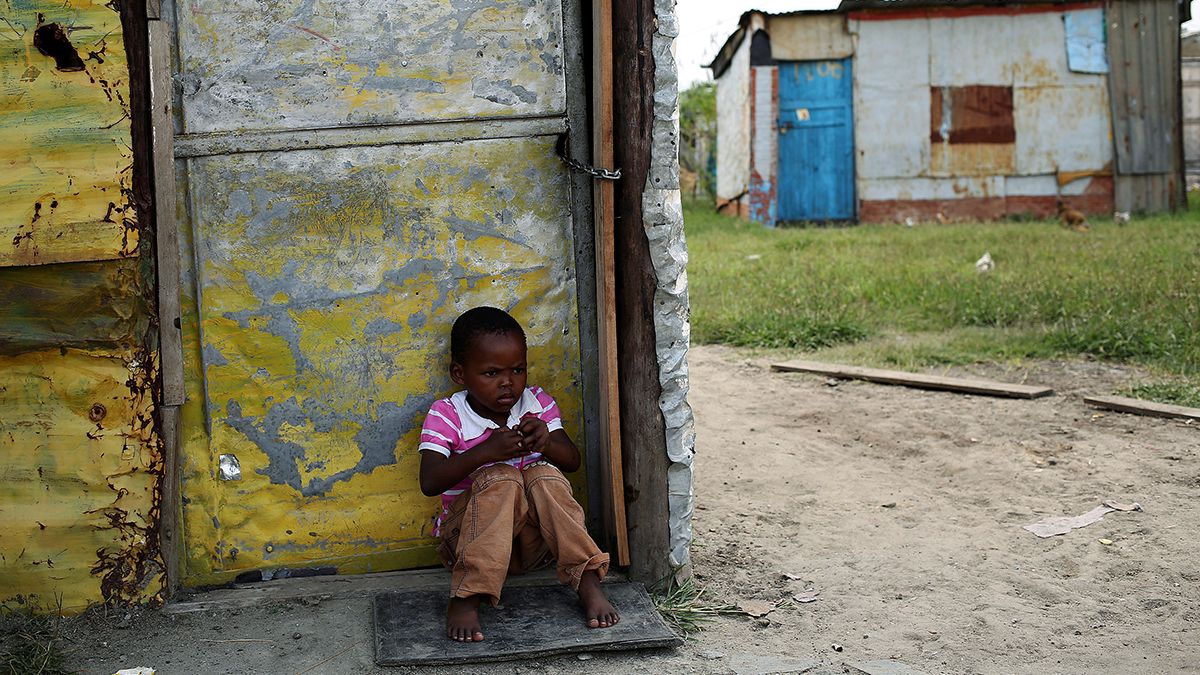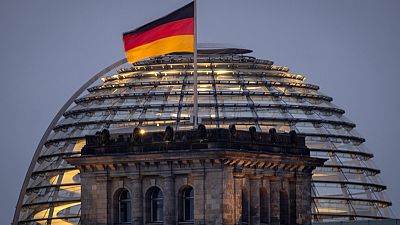The World Bank says fewer people are living in extreme poverty, but governments need to focus more on the gap between rich and poor.
The number of people living in extreme poverty has declined by more than 100 million despite a sluggish global economy, according to the World Bank.
However it warned that the gap between the rich and the poor is putting at risk the United Nations’ goal of eliminating extreme poverty by 2030.
The number of people living in extreme #poverty has more than halved since 1990. Infographic: https://t.co/P0i47GiKXu#EndPoverty#PSP2016pic.twitter.com/W6SsfO2Ws3
— World Bank (@WorldBank) October 3, 2016
Pointing out that income inequality had widened over the 25 years up to 2013, the Bank said countries have to address that situation and make economic growth more inclusive.
Extreme poverty is defined as living on the equivalent of less than $1.90 (1.70 euro) a day.
In 2013 – the latest year for which the World Bank has comprehensive data – 767 million people were below that level down from 881 million the previous year, but it was still 11 percent of the global population.
It said inequality has lessened in more than 40 countries – including Brazil, Peru, Mali and Cambodia.
Sub-Saharan Africa accounts for half of those living in extreme poverty, according to the Bank. A third of the global poor live in South Asia.
Poverty reduction was driven mainly by countries in East Asia and the Asia Pacific, particularly China, Indonesia and India, the Bank said.



